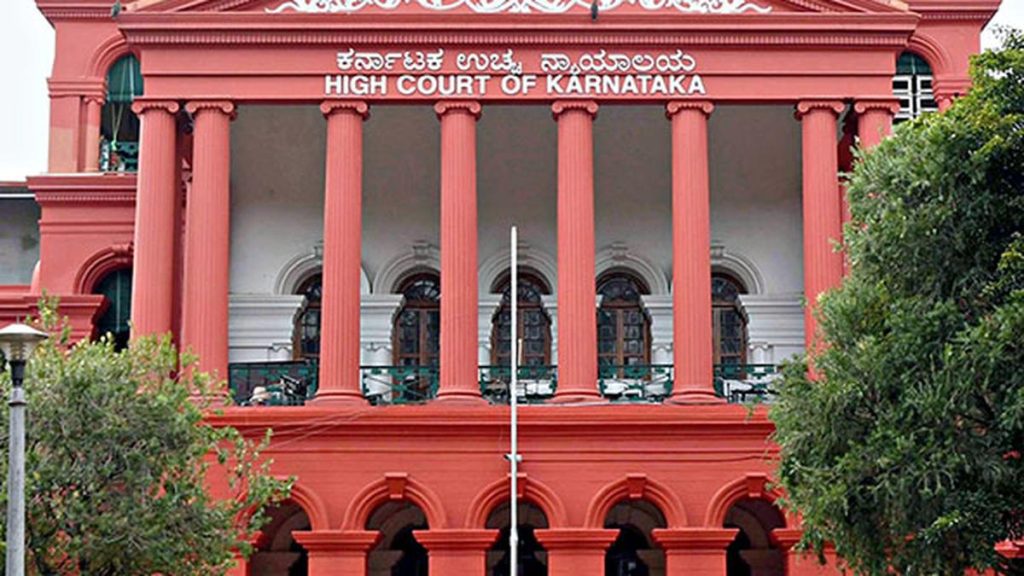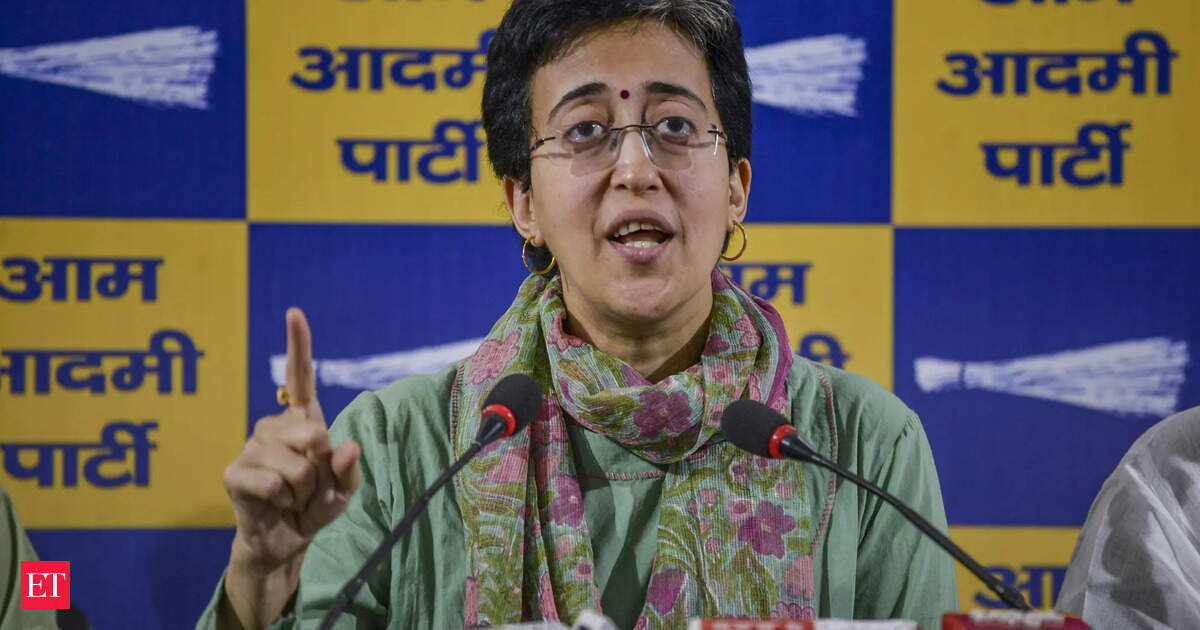Now Reading: At 25: Should You Buy a Home or Focus on Building Wealth?
-
01
At 25: Should You Buy a Home or Focus on Building Wealth?
At 25: Should You Buy a Home or Focus on Building Wealth?

Swift Summary
- The article discusses a common dilemma: whether to buy a house early in one’s career or prioritize building financial assets.
- Adhil Shetty,CEO of BankBazaar,suggests:
– Buying a house can be rewarding but requires disciplined planning.- Challenges include eligibility for home loans (often requiring two years of continuous employment) and additional costs beyond the loan amount.Such as, the purchase price might potentially be Rs 50 lakh, but total costs could rise to Rs 65 lakh.
– Maintaining an emergency fund covering six months of expenses is critical while committing to homeownership.
- Vidya Bala, Co-founder of PrimeInvestor.in, advises:
– Rental yields on properties are typically low at around 3-4%.
– REITs provide slightly higher returns (around 6% or more), though not guaranteed and subject to equity risks tied to commercial property rentals.
– Fixed cash flow can also come from options like RBI Floating Rate Savings Bonds for those prioritizing income stability.
Indian Opinion Analysis
Both viewpoints underline the importance of assessing life priorities, financial stability, and risk appetite before making a critically important investment decision such as buying real estate or opting for financial instruments like REITs. While homeownership offers emotional security and potential long-term appreciation, building financial assets allows greater liquidity and versatility early in one’s career.
For India’s economic context:
- Housing contributes substantially to GDP growth via construction activity and employment generation.However, affordability remains challenging due to high upfront costs highlighted in the article.
- Investments like REITs offer diversification opportunities with perhaps superior returns compared to traditional real estate rentals but expose investors to market volatility tied primarily to commercial properties.
Prospective buyers must weigh their current earning capacity alongside long-term goals-acknowledging that both choices involve trade-offs between security vs liquidity and predictability vs risk. Financial education is vital as young Indians navigate these decisions amidst evolving market dynamics.
























